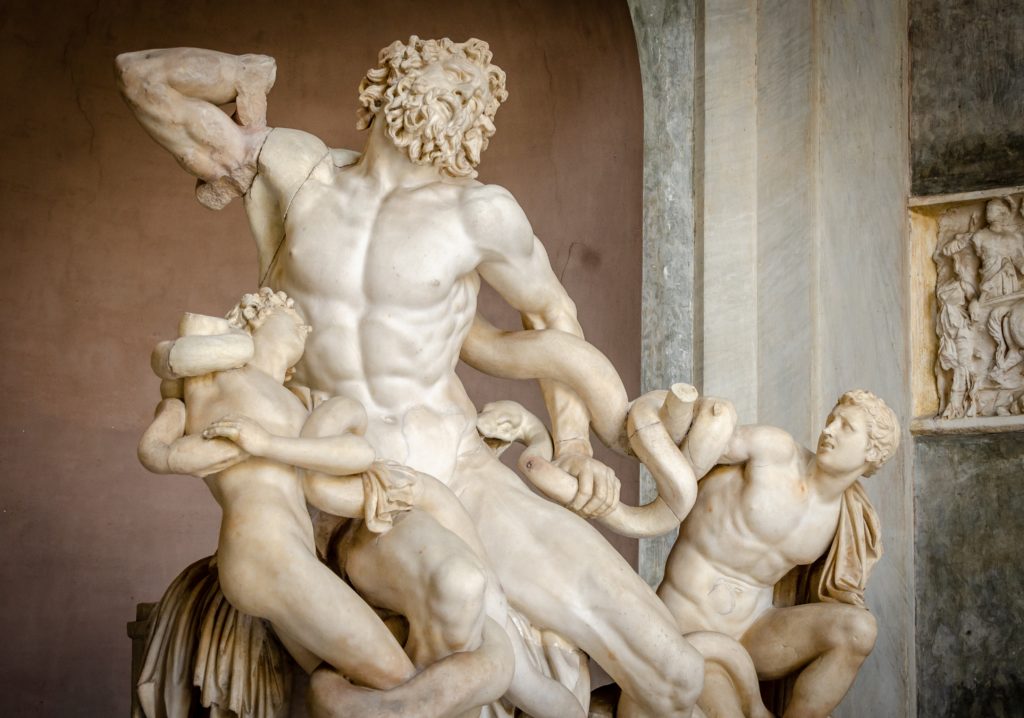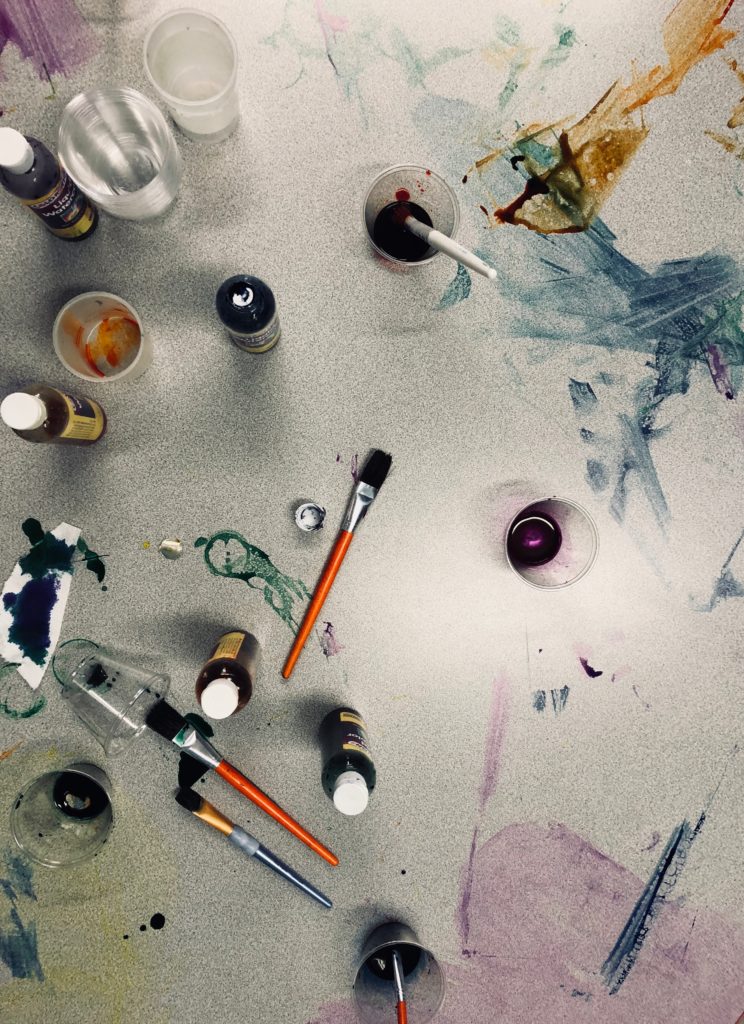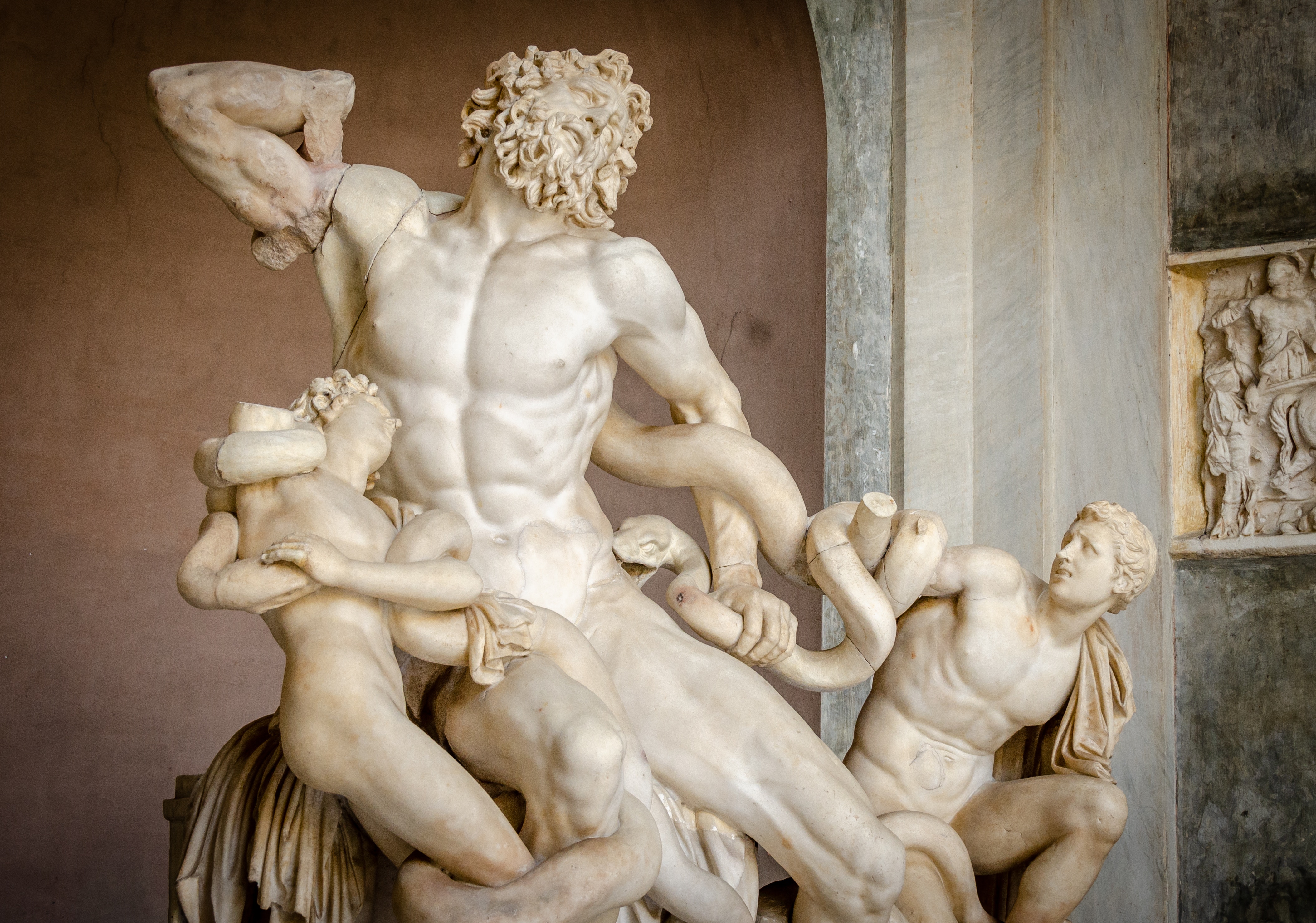For years I resisted the word creative in relation to my abilities. I’ve worn the hats of musician, photographer, and writer at different times, but I considered the label creative to be utopian.
I saw creativity as an elevated plane of existence, reserved for the artists and musicians and innovators of the world. The Mozarts, Hemingways and Steve Jobs’ of the world, those who proved to be deserving of such a lofty term. I can now see that I had only considered geniuses to be “real” creatives.
But what does creativity actually mean?
‘Create’ comes from the 15th century Latin term creatus, the past participle of creare “to make, to bring forth;” which is a derivation of the name of Ceres, the Roman goddess of agriculture. The most well-known myth involves Ceres searching for her daughter, and the earth’s harvest suffering in her absence. Upon Ceres’ return, the earth once again yields its bounty; an explanation for the dividing of the seasons into six months of cold and warmth, respectively.
The distinguishing characteristic of Ceres, though, is that she rules in the everyday affairs of normal people. She helps the peasants with their gathering, threshing, and baking in season.
This strikes me as a revelation. The namesake of creativity rules in the mundane lives of people. So, then it follows, that creativity is involved in the lives of everyday people, and creativity, by definition, is common.

If creativity is common then, and not a gift reserved for the most remarkable among us, where does it originate?
We can look to psychology for a scientific approach: In Cognitive Psychology, Robert J. Sternberg defines creativity as “the process of producing something both original and worthwhile.” The field also offers several perspectives on the origins of creativity.
- Creativity lies in individual ability to create more.
- Creativity and knowledge are relative to expertise.
- Creativity is a personality trait, often correlating with more driven, self-confident, impulsive, and ambitious traits.
- Creativity is a result of environmental factors; a combination of the social context and existing knowledge of a subject. (This is the perspective of the landmark text Flow by Mikhail Csikszentmihalyi.)
- Creativity is all or a combination of all of these views.
While these are four differing perspectives, most researchers agree that creativity requires a bit of each perspective.
We can conclude, then, that to some degree, creativity comes from the ability to create more in a given subject field, in correspondence with ambition and confidence. To create volume in a particular field combining knowledge and social context.
I can recall one particular case of mental block from my college band days. I was wracking my brain for lyrics and no words came out remotely matching the emotion of the music. And in that moment of frustration, the thought that everything worthy had already been written occurred to me. I was convinced the greatest days of songwriting, musical composition, and captured emotion were behind us.
It was sobering and deflating.
Then, the thought came, that maybe, just maybe, because I and others were living in different times, locations, holding different beliefs and under differing social norms; maybe these differences could strike a different note. Maybe we could combine different influences and express these ancient archetypes of love, home, acceptance and hope in a new manner. Maybe the combining of ‘different’ would result in ‘new.’
This is creativity.
This is how new songs are written. This is how books are written published at an unprecedented rate. This is why art didn’t die out during the Renaissance. This is why science has continued since the Enlightenment.
The questioning of status quo, combined with accommodating new answers and information yield new ways of thinking and new connections between existing norms.

Photo by sydney Rae on Unsplash
While my writing has shifted from music to the written word, I still embrace this line of thought. I don’t necessarily need to invent anything new. I need to pay attention to my surroundings and the thoughts and ideas I encounter daily. Pair this knowledge with the discipline of writing and documenting daily, and this is the recipe for creativity. Constant ideas, being connected in new ways, each day.
You don’t have to wait for an original thought. There aren’t any left.
As Ecclesiastes reminds us, “There is nothing new under the sun.”
Rather than viewing creativity as a doomed pursuit, this knowledge should liberate us! By knowing that nothing is new and no thought original or peculiar, we are then free to think in a limitless manner. It’s all been done and said. But knowledge has never been combined with your individual thoughts, experiences and position. Suddenly, the entire world opens back up; ideas, thoughts, stories waiting to be told from your perspective and in your voice.
You only need to honor your distinct influences and expression.
How liberating!
The celebrated Ray Bradbury emphasized remaining true to your voice:
I never went to college — I don’t believe in college for writers. The thing is very dangerous. I believe too many professors are too opinionated and too snobbish and too intellectual, and the intellect is a great danger to creativity … because you begin to rationalize and make up reasons for things, instead of staying with your own basic truth — who you are, what you are, what you want to be. I’ve had a sign over my typewriter for over 25 years now, which reads “Don’t think!” You must never think at the typewriter — you must feel. Your intellect is always buried in that feeling anyway.
Reading, art, music, film, even politics. All of these combine with our experiences, perspectives and desires to create new pathways and ideas. The result is something truly creative.
Maria Popova brilliantly collects in this Brain Pickings piece what the brightest and most creative minds have agreed upon on the subject; that creativity is making connections.
As James Webb Young asserts:
“An idea is nothing more nor less than a new combination of old elements [and] the capacity to bring old elements into new combinations depends largely on the ability to see relationships. The habit of mind which leads to a search for relationships between facts becomes of the highest importance in the production of ideas.”
Knowing creativity isn’t a gift from the gods allows us to relax. Creativity simply requires observation and expression. So long as we are observant and intentional, we can be assured creativity will spark within us.
References:
Cognitive Psychology, Fifth Edition. Sternberg, Robert J. (2010)
Brain Pickings https://www.brainpickings.org/2013/09/06/what-is-creativity/




